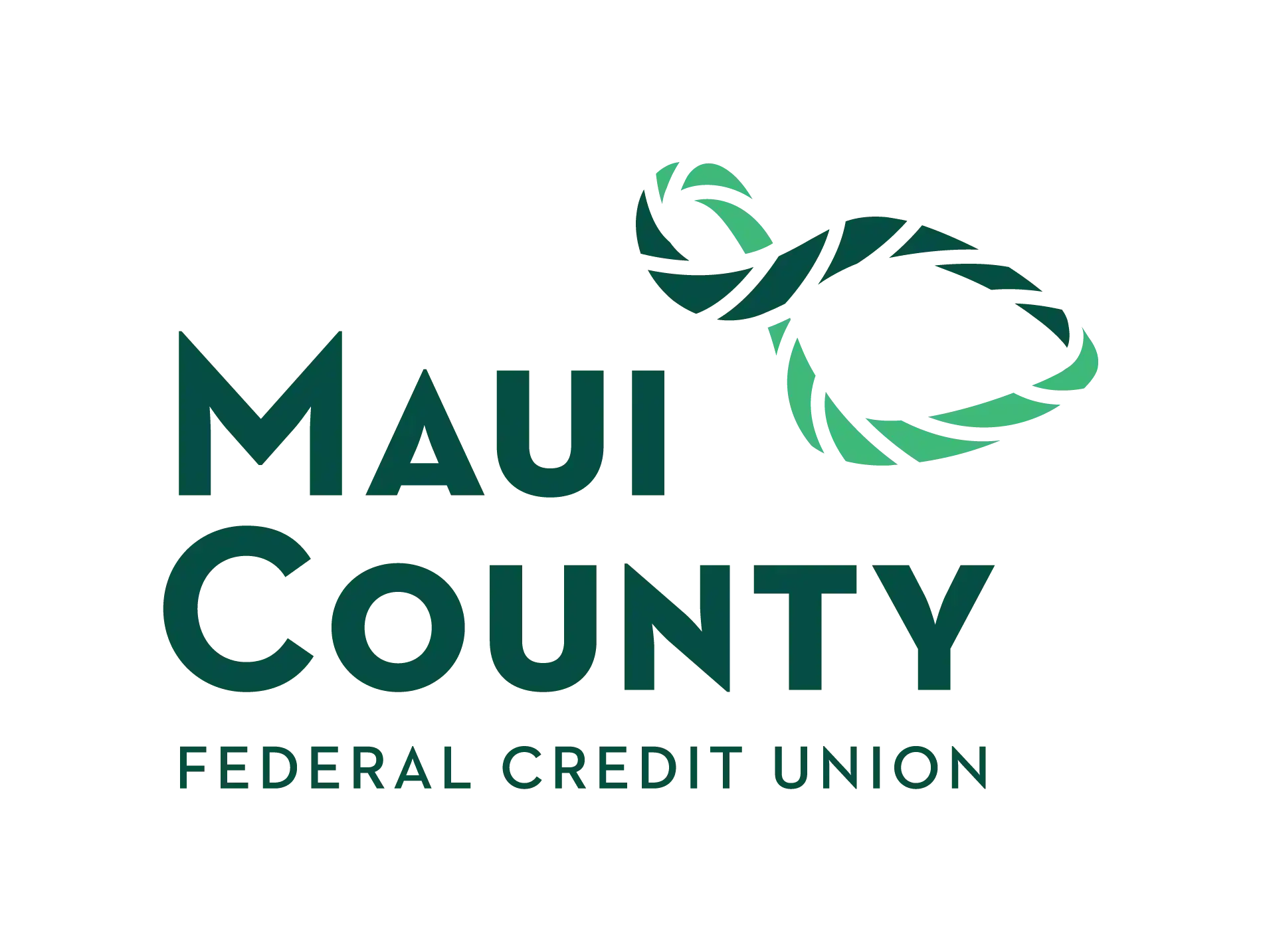WATCH: Maui Health’s Cameron Rogers gives tips on how to identify and manage high risk drinking
SPONSORED VIDEO:
MEDICAL MINUTE: High risk drinking significantly increases an individual’s risk for a number of health problems including high blood pressure, stroke and weight gain.
Cameron Rogers, Injury Prevention Nurse for Trauma Services with Maui Health explains the risk factors and how to improve short and long term health.
While the holidays are behind us, social situations and celebrations at any time of the year can make management difficult. Tools and resources are available to help individuals and loved ones manage high risk drinking habits.
Rogers said, “We have known for some time that severe alcohol use can cause addiction and many other serious health issues; but there is a lot of new research showing the harms of more socially acceptable drinking.”
The Centers for Disease Control and Prevention, refers to this as High Risk Drinking. According to the CDC, high risk drinking for men is considered more than four drinks in any given night, or 14 drinks in a week. For women and adults over 65, high risk drinking is considered more than drinks in any given night, and more than seven drinks in a given week.
Drinking less than both these daily and weekly limits must be met in order to not qualify as high risk drinking habits, according to Rogers.
“High risk drinking has been found to significantly increase your risk for many cancers, high blood pressure, stroke, stomach bleeds, depression, sleep disorders, traumatic accidents and injuries, wight gain, and other short and long term health consequences,” said Rogers.
“The silver lining in this is that high risk drinking is a very modifiable risk factor. So while we might not be able to change our genetics or other risk factors for some of these diseases, cutting back on daily and weekly alcohol use is something that can be done to improve both your short term and long term health,” she said.
Resources are available through Maui Health’s Trauma Outreach Program at mauihealth.org/drinkless. Resources include: self assessments, personalized action plans, downloadable workbooks and videos.










